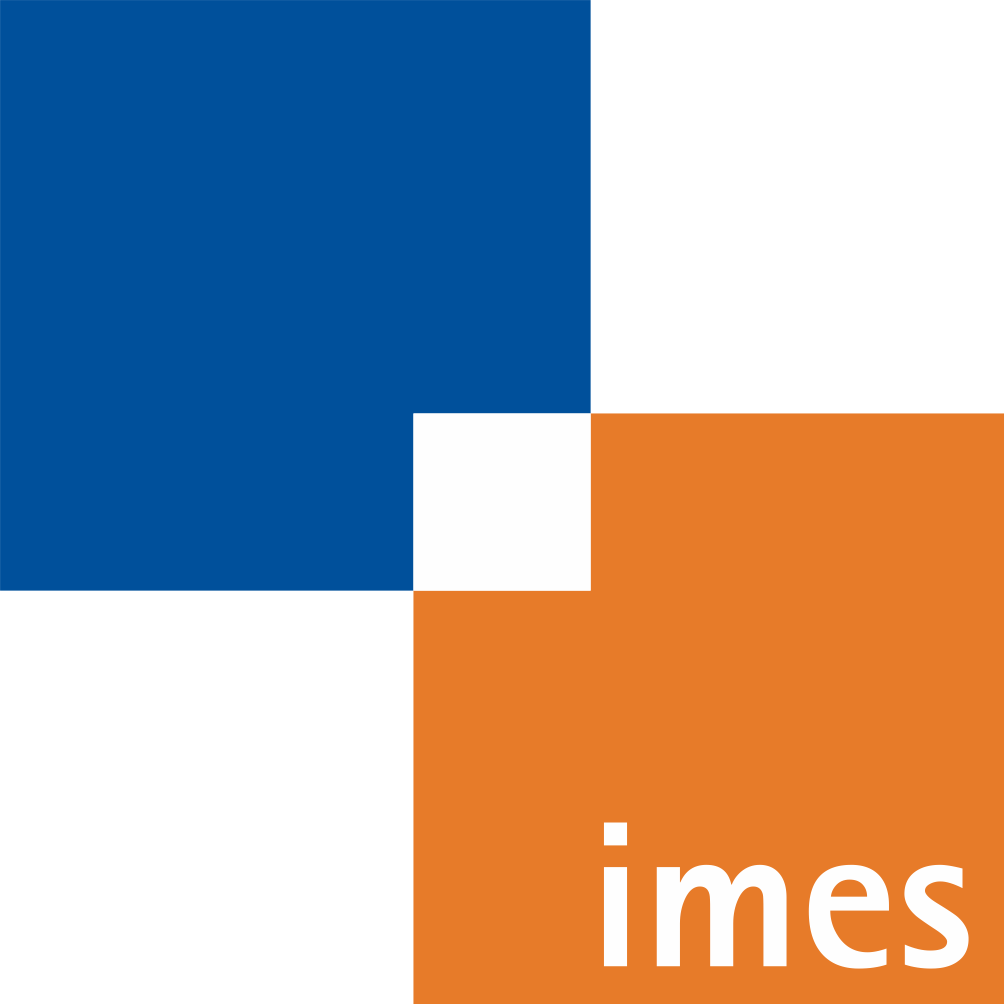Self-Supervised Domain Adaptation for Patient-Specific, Real-Time Tissue Tracking
- verfasst von
- Sontje Ihler, Felix Konstantin Kuhnke, Max-Heinrich Viktor Laves, Tobias Ortmaier
- Abstract
Estimating tissue motion is crucial to provide automatic motion stabilization and guidance during surgery. However, endoscopic images often lack distinctive features and fine tissue deformation can only be captured with dense tracking methods like optical flow. To achieve high accuracy at high processing rates, we propose fine-tuning of a fast optical flow model to an unlabeled patient-specific image domain. We adopt multiple strategies to achieve unsupervised fine-tuning. First, we utilize a teacher-student approach to transfer knowledge from a slow but accurate teacher model to a fast student model. Secondly, we develop self-supervised tasks where the model is encouraged to learn from different but related examples. Comparisons with out-of-the-box models show that our method achieves significantly better results. Our experiments uncover the effects of different task combinations. We demonstrate that unsupervised fine-tuning can improve the performance of CNN-based tissue tracking and opens up a promising future direction.
- Organisationseinheit(en)
-
Institut für Mechatronische Systeme
Forschungszentrum L3S
- Typ
- Aufsatz in Konferenzband
- Seiten
- 54-64
- Anzahl der Seiten
- 11
- Publikationsdatum
- 2020
- Publikationsstatus
- Veröffentlicht
- Peer-reviewed
- Ja
- ASJC Scopus Sachgebiete
- Theoretische Informatik, Informatik (insg.)
- Elektronische Version(en)
-
https://doi.org/10.1007/978-3-030-59716-0_6 (Zugang:
Geschlossen)
